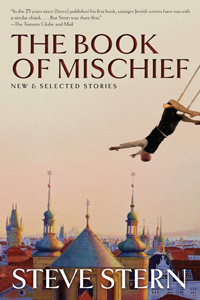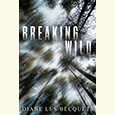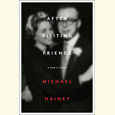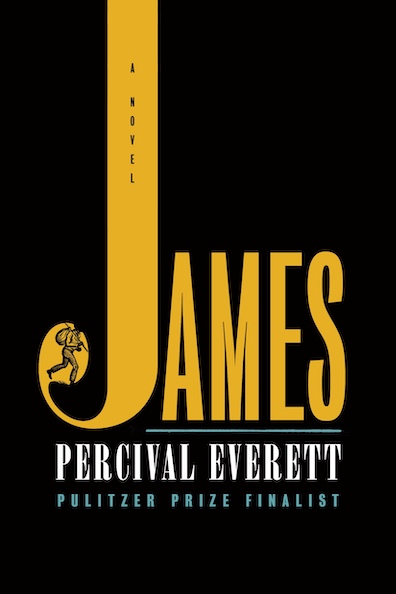Mischief in Memphis
Steve Stern has written another stellar collection of stories inspired by Jewish folklore
Steve Stern is “quite famous for being unknown,” according to The Globe and Mail, a Canadian newspaper. Since 1983, the Memphis native has published twelve novels and short-story collections; many of them have fallen out of print, but his work invariably receives prestigious awards and overwhelmingly rave reviews. Stern’s latest, The Book of Mischief, is a collection of new and selected stories inspired by Yiddish folklore. The book offers an opportunity for new readers to familiarize themselves with Stern’s work and for loyal fans to revisit some A-list stories and at the same time discover new gems.
 Of the eleven stories in the collection, the first eight are set in Memphis. Or, more precisely, they take place in the Pinch, once the city’s Jewish ghetto, which centered around North Main Street. Despite having grown up in Memphis, Stern never knew the Pinch existed until he was in his thirties and an assignment for the Center for Southern Folklore in Memphis required him to research the roots of the Jewish community that had once thrived there. Through interviews with dozens of local survivors from that period, Stern came to understand the Pinch—and to be captured by its resonance—so thoroughly that it has become the imaginative homeland of much of his fiction. The Book of Mischief is no exception:
Of the eleven stories in the collection, the first eight are set in Memphis. Or, more precisely, they take place in the Pinch, once the city’s Jewish ghetto, which centered around North Main Street. Despite having grown up in Memphis, Stern never knew the Pinch existed until he was in his thirties and an assignment for the Center for Southern Folklore in Memphis required him to research the roots of the Jewish community that had once thrived there. Through interviews with dozens of local survivors from that period, Stern came to understand the Pinch—and to be captured by its resonance—so thoroughly that it has become the imaginative homeland of much of his fiction. The Book of Mischief is no exception:
Then came the heat wave that sent the whole of North Main Street to sleep outside in the park. Formerly, during prolonged hot spells, a family might be forced to spend the night on the roof of their building; they would haul up lamps and mattresses until they’d created a kind of poor man’s penthouse. But this summer’s heat was of a more hellish intensity than the most long-time residents of the Pinch could recall. All day it baked the tenements, so that, even in the slightly less oppressive evening air, the rooftops remained scorching to the touch. The soles of shoes might adhere to the simmering tar paper, arresting movement, leaving you stuck and exposed till the sun rose to bleach your bones. So the families took to the park instead.
 Several of these tales have the density of a novel and are even divided into sections like chapters, giving them the feeling of Russian stacking dolls; just when you think there can’t be more to the story, you realize you’ve only begun to scratch the surface. Even when the setting is far from Memphis—New York’s Lower East Side, or the Catskills—Stern’s characters are mostly Eastern European Jews who moved to the United States before World War II. They pine for their hometowns, anxious to hold onto long-held familiar traditions.
Several of these tales have the density of a novel and are even divided into sections like chapters, giving them the feeling of Russian stacking dolls; just when you think there can’t be more to the story, you realize you’ve only begun to scratch the surface. Even when the setting is far from Memphis—New York’s Lower East Side, or the Catskills—Stern’s characters are mostly Eastern European Jews who moved to the United States before World War II. They pine for their hometowns, anxious to hold onto long-held familiar traditions.
As with many immigrant stories, much of the tension in these stories comes from the backward pull the older characters feel for the lives they left behind even as their children push away from the old ways and into the future. The differences between the generations and their contrasting desires play out again and again. One character, speaking of a roomful of ancient scrolls and amulets, asks how the blind superstition of their ancestors managed “to follow us over an ocean to such a far-flung outpost as Tennessee? Let the goyim see a room like this, with a ram’s horn in place of a clock on the wall, with the shnorrers wrapped in their paraphernalia mumbling hocus-pocus instead of being gainfully employed, and right away the rumors start.”
Stern writes artful sentences that he fills with detail upon detail, many of them quite funny. Included in The Book of Mischief is the title story of his 1986 collection, “Lazar Malkin Enters Heaven,” which opens, “My father-in-law, Lazar Malkin, may he rest in peace, refused to die. This was in keeping with his lifelong stubbornness. Of course there were those who said that he’d passed away already and come back again, as if death were another of his so-called peddling trips.” This humor, which is reminiscent of a Woody Allen monologue, is a prelude to a story of remarkable humanity and depth.
Stern’s stories are often manic and enormously entertaining, and his use of magical realism recalls Gabriel Garcia Marquez : later in the same story, Malach ha-Mavet, the Angel of Death, appears to the narrator’s father-in-law, beseeching him to leave this world and come to Paradise: “For the last time, are you or aren’t you going to give up the ghost?” the Angel asks. The mystical aspects of these enchanting tales of Jewish life, including divine revelations, serve to melt the divide between worlds. Again and again, Stern stretches the limits of his readers’ imaginations, yet the lives he describes seem startlingly real.
To read Chapter 16’s Q&A with Steve Stern about his most recent novel, The Frozen Rabbi, click here. To read a summary of the latest reviews of The Book of Mischief, click here.


